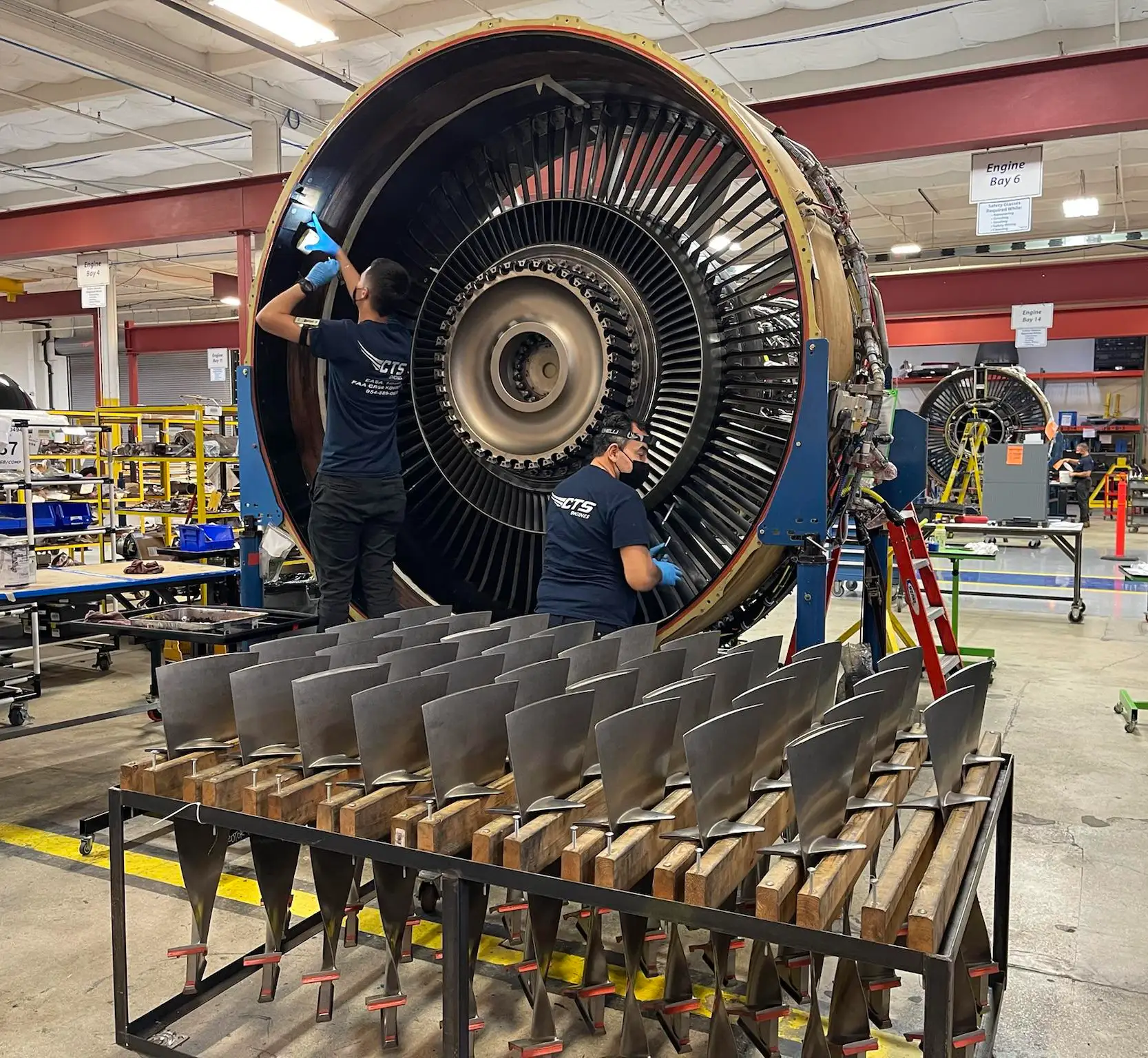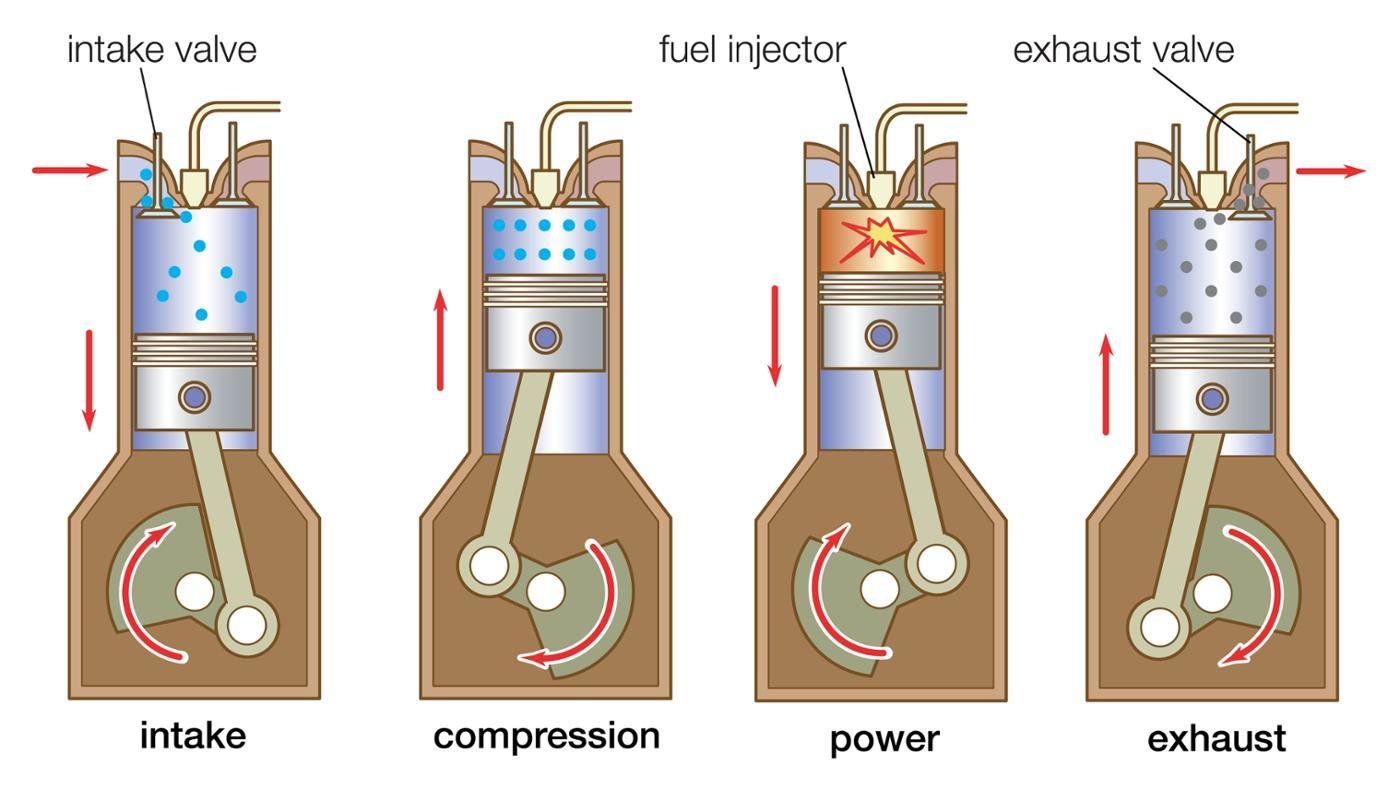Improve Your Fleet with Engines For Africa's Selection
Improve Your Fleet with Engines For Africa's Selection
Blog Article
Discover a Vast Array of Engines for every single Automobile and Function
The automotive landscape is significantly complex, with a varied selection of engine types made to fulfill certain efficiency and efficiency needs across various car groups. Additionally, durable engines serve the demands of work automobiles, while environment-friendly choices are getting grip in the quest of sustainable transportation.
Sorts Of Automotive Engines
Automotive engines can be categorized right into numerous unique kinds, each made to fulfill specific efficiency and efficiency requirements. The most common classifications consist of internal burning engines, electric engines, and crossbreed systems.

Electric engines, on the other hand, operate electrical power stored in batteries, giving immediate torque and no emissions. These engines are becoming progressively popular as a result of developments in battery technology and the expanding focus on sustainability.
Hybrid systems incorporate both internal burning and electrical engines, making it possible for cars to enhance fuel efficiency and reduce exhausts by effortlessly switching over in between power resources. Each engine kind presents its downsides and advantages, affecting factors such as lorry layout, planned usage, and market demand. Recognizing these distinctions is essential for makers and customers alike when picking the appropriate engine for their details requirements.
Performance Engines for Sports Cars
Efficiency engines for cars are especially engineered to deliver improved rate, power, and agility, setting them in addition to basic vehicle engines. These engines usually utilize advanced technologies such as turbocharging, turbo charging, and variable shutoff timing to optimize performance and responsiveness.
Typically, performance engines are developed with greater compression ratios, which permit better power removal from fuel. This causes outstanding horse power and torque numbers, allowing rapid acceleration and higher full throttle. Additionally, the light-weight materials used in these engines, such as light weight aluminum and carbon fiber, contribute to reduced total vehicle weight, improving handling and ability to move.
Engine configurations like V6, V8, and even hybrid systems prevail in efficiency sports automobiles, each offering special benefits in regards to power distribution and driving dynamics. The adjusting of these engines is also crucial; several producers enhance the engine administration systems to give an exciting driving experience, typically including sport modes that adjust throttle feedback and gear changes.
Reliable Engines for Daily Commuters
In the realm of everyday commuting, effective engines play a vital role in optimizing gas economic situation and decreasing exhausts while supplying trustworthy efficiency. As metropolitan populaces grow and ecological worries heighten, the need for vehicles furnished with effective powertrains has surged.
Modern engines created for day-to-day travelers usually include modern technologies such as turbocharging, direct gas shot, and crossbreed systems. Turbocharging improves engine effectiveness forcibly more air into the combustion chamber, enabling smaller sized, lighter engines that do not jeopardize power result. Straight fuel shot enhances fuel atomization, leading to better burning and enhanced performance.
Crossbreed engines, combining interior burning with electric power, additional boost fuel economy, especially in stop-and-go traffic, where conventional engines can experience ineffectiveness. Electric motors help throughout acceleration and can operate individually at reduced speeds, decreasing total fuel intake.
In addition, improvements in engine administration systems and light-weight products contribute dramatically to reliable engine layout. By concentrating on performance, durability, and ecological sustainability, producers remain to deliver engines that not only fulfill the needs of day-to-day commuting however additionally align with worldwide efforts to reduce carbon footprints.
Heavy-Duty Engines for Job Automobiles
Sturdy engines for job automobiles are consistently engineered to provide extraordinary torque and integrity under requiring conditions. These engines are created to execute in environments where typical engines might falter, such as building websites, logging procedures, and farming setups. The primary emphasis of heavy-duty engines is their capacity to generate high levels of power while preserving resilience over extended periods of procedure.
Typically, sturdy engines utilize sophisticated products and robust building and construction strategies to endure the roughness of heavy work. Functions such as enhanced cylinder blocks, enhanced air conditioning systems, and advanced gas injection technologies add to their performance. These engines typically run at lower RPMs, which assists to optimize fuel performance while supplying the needed power for lugging and transporting.
In enhancement to mechanical robustness, sturdy engines are commonly equipped with sophisticated digital control units (ECUs) that take care of efficiency, emissions, and diagnostics. This Extra resources combination permits much better tracking and maintenance, making sure that work lorries stay functional and reliable.
Eventually, sturdy engines are a necessary part in the productivity of numerous industries, offering the necessary power and reliability to take on the toughest of jobs.
Eco-Friendly Engine Options
The growing focus on sustainability has actually brought about the advancement of eco-friendly engine choices that prioritize decreased discharges and enhanced fuel effectiveness. These engines are developed to decrease the ecological effect of cars while still providing the efficiency and integrity anticipated by customers.
Amongst the most notable environment-friendly options are hybrid and electrical engines. Crossbreed engines incorporate standard inner burning engines with electrical propulsion, enabling decreased gas usage and lower greenhouse gas discharges. Electric engines, on the various other hand, operate completely on battery power, creating no tailpipe discharges and adding to cleaner air top quality.
One more encouraging development is the innovation of biofuel engines, which use renewable resources, such as plant products, to power cars (Engines For Africa). By utilizing biofuels, these engines can reduce reliance on fossil fuels and lower total carbon impacts

As the automotive sector develops, environment-friendly engine choices will play an essential role in driving the transition in the direction of even more lasting transportation options.
Final Thought
The vehicle sector uses a varied range of engines created to fulfill different car demands and functions. From high-performance engines that boost cars abilities to reliable designs prioritizing gas economy for day-to-day commuters, each type serves a particular function. Heavy-duty engines satisfy durable job vehicles, while eco-friendly choices, such as electrical and biofuel engines, advertise sustainable transportation. This detailed variety guarantees that all driving demands are addressed, adding to innovations in automobile modern technology and ecological stewardship.

Report this page